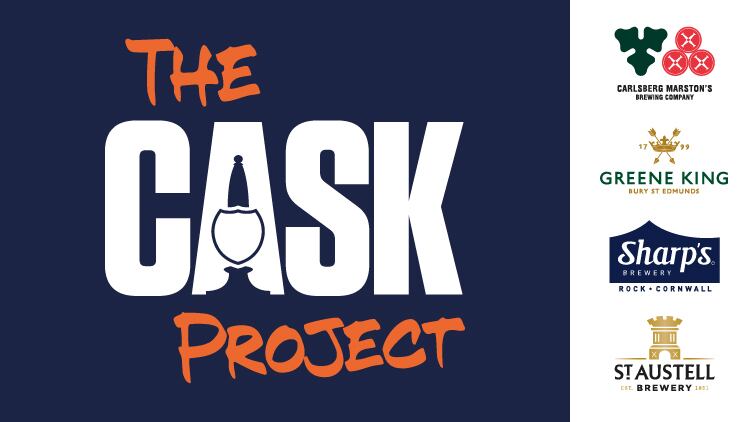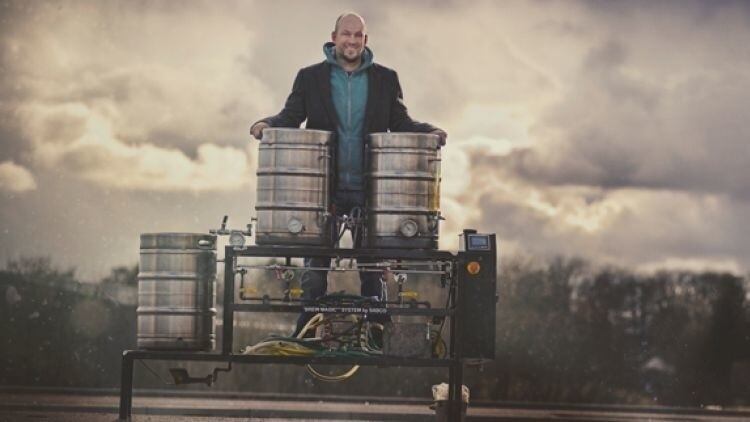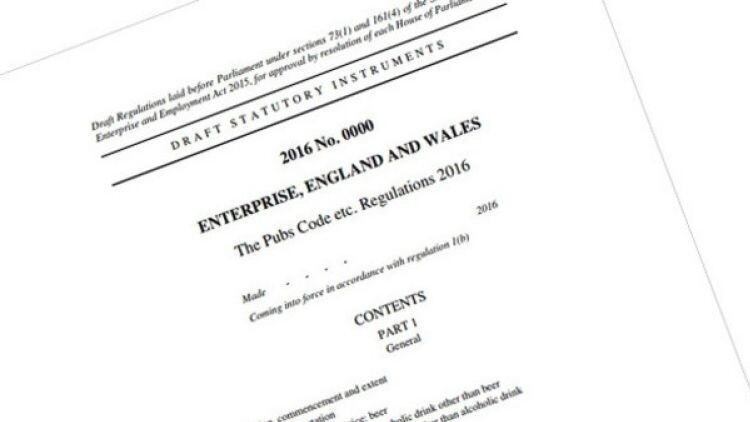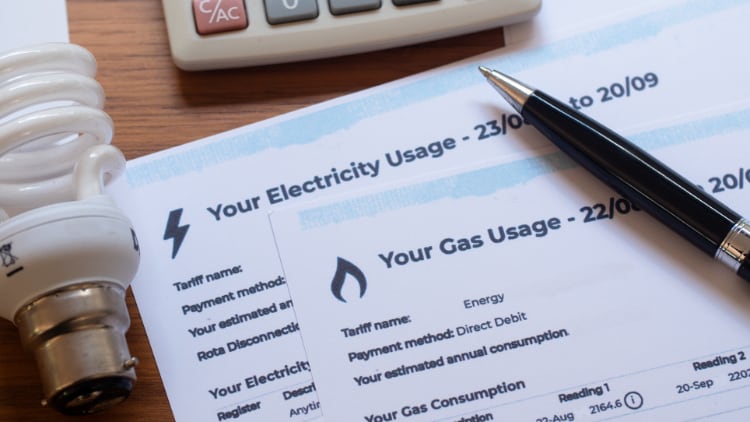The Gloucestershire-based organic brewer has claimed brewers and pubs can “become eco-warriors” by stocking cask because its carbon dioxide (CO2) emissions from raw materials through to the pint glass are much lower than some other beer formats.
Stroud Brewery founder Greg Pilley said: “There are a number of elements that contribute to total CO2 emissions. These include growing the raw materials, the brewing process, packaging and distribution and trade, which can all be positively impacted when managed properly.”
He explained using locally sourced, organically grown barley and hops helps to reduce CO2 emissions and this also helps insects, birds and other animals to thrive.
Carbon neutral goal
Next to consider is the brewing process, which is responsible for a small proportion of the total carbon footprint and brewers need to make the right investment decisions to achieve carbon neutral production over the next decade.
Pilley added once a beer is made, packaging can account for between 5% and 45% of the total CO2 footprint, depending on the type of package chosen. Recyclable bulk units such as casks and kegs have a smaller carbon footprint while small pack beers in bottles and cans require more resources and energy, even when taking account of recycling.
Pilley added: “Within the pub industry, cask wins hands down due to lower dependence on chilling and carbon dioxide production.
“Stroud Brewery produces beer across all formats and has chosen cans over bottles as again these ‘win’ when the environment is prioritised.
“Keg plays an important role in the portfolio as it allows for a larger range of styles of beer, again to meet consumer demand, however we encourage the sale of cask beer whenever possible.”
Less energy for cooling
Meanwhile, distribution and retail accounts for around 15% of the total carbon footprint yet can be mitigated by drinking local beers in local venues, using electric vehicles and distribution hubs to reduce transport miles, minimising the energy required for cooling and storing beer in trade and cask beer requires less cellar cooling and is dispensed without any gas pressure.
Research shows a pint of cask beer releases about one third of the amount of harmful climate change gases when compared to the same beer sold in a non-returnable bottle, the brewery said.
Factors such as customers staying local by walking or cycling to the pub reduces CO2 and drinking a local cask beer means it has travelled less distance and is stored at 10°C to 14°C, which means it is served at a more ambient temperature than other beers and is served via a hand pull that does not need CO2.
Pilley concluded: “It is clear cask beer is king for taste, supports traditional brewing methods and should be the choice of environmentally savvy pubs and consumers. It is up to all of us to take responsibility for the planet so we can all continue to enjoy a pint of craft cask beer in our local.”




